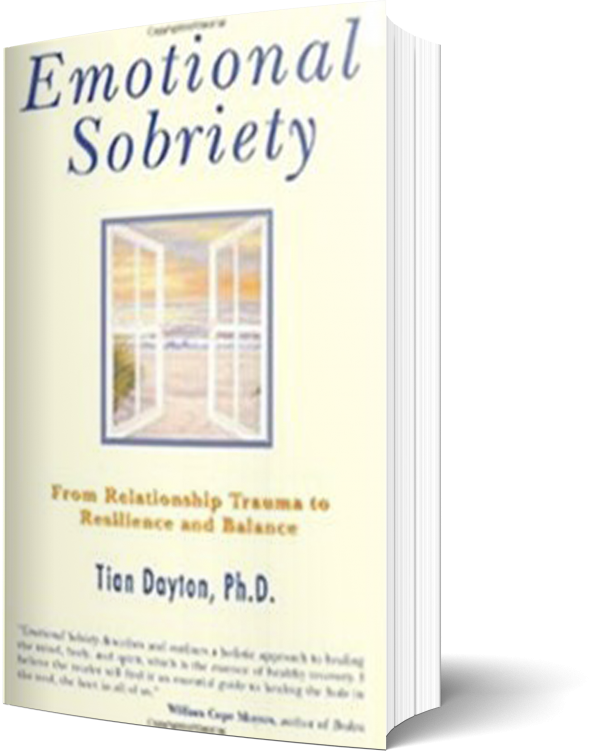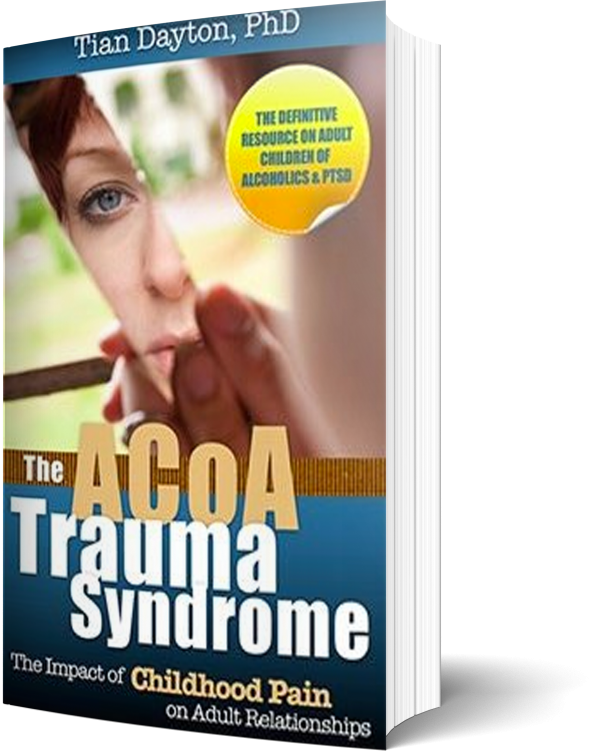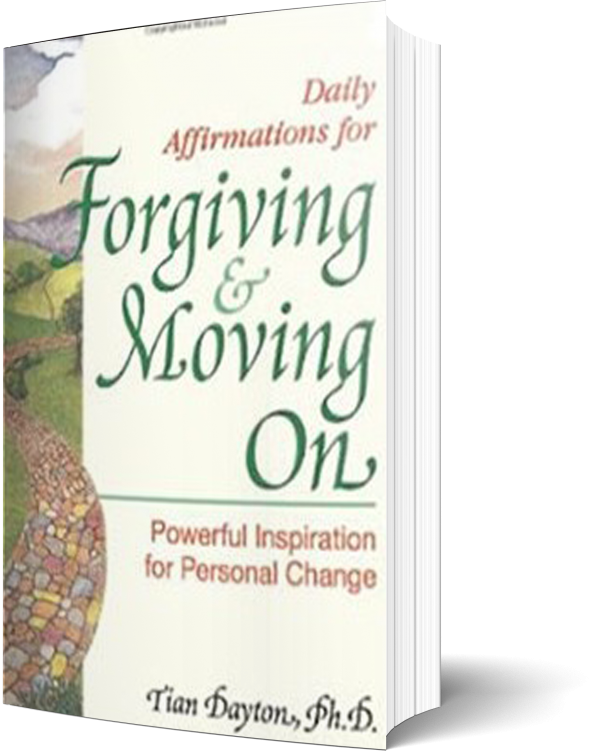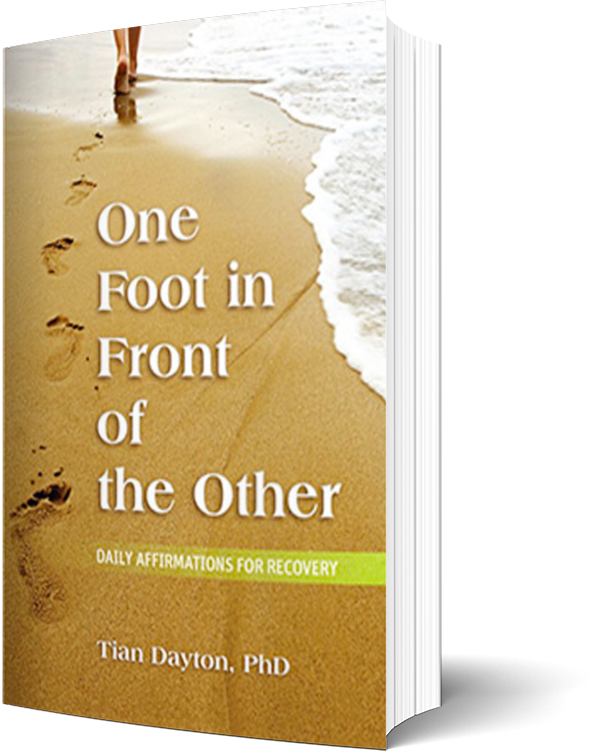Money, like a genie in a bottle, has the ability to morph into any shape and help us make our most startling dreams come true. Money can buy stuff, status and sometimes even people.
Let’s face it, money makes you feel special. The red carpet treatment can be a real mood elevator and can become pretty addictive. Family members along with the addict can come to “love” the lifestyle perks, the big bank accounts and the status and control over others that accrues to being able to spend, pay salaries and give away large amounts of money. Their identities too can become absorbed into the genie like quality of money to morph into any desired shape, to make one feel larger than life and able to manifest experience and control people, places and things. Why wouldn’t family members enable the money earner to well, keep earning?
But just as with the magical “drink me” elixir from Alice in Wonderland, money can make us feel very, very big or very, very small, proud or extremely self conscious, empowered or strangely out of control. Whenever we come to rely on something outside of ourselves either as a form of mood management that we cannot achieve on our own or to shore up an identity that is precariously perched atop shifting sands, we’re at risk for what Carl Jung called the “shadow” (read: our dark and hidden side) taking us over. The shadow in the case of money, being the insecurities, anxieties, undermined sense of self and weakened ability to live comfortably in relationship that money can so often mask behind a veneer of supposed success.
These days, the idea of process addictions is widely accepted. Process addictions are addictions that involve a compulsive and/or an out of control relationship with certain behaviors such as gambling, sex, eating and yes, even money (pardon the Guys and Dolls pun). There is a change in brain chemistry with a process addiction that’s similar to the mood altering effects of alcohol or drugs. With process addictions engaging in a certain activity, say viewing pornography, compulsive eating or an obsessive relationship with money, can kick start the release of brain/body chemicals, like dopamine, that actually produce a “high” that’s similar to the chemical high of a drug. The person who is addicted to some form of behavior has learned, albeit unconsciously, to manipulate his own brain chemistry.
It’s general wisdom that for someone who is addicted to alcohol or drugs, their lives become increasingly organized around the use and abuse of their substance. The person who uses money to mood alter can have their relationship with money spin out of control; by being overly focused on accumulating it, spending it hoarding it or using it to control people, places and things. For example, just as with a drug or alcohol, tolerance increases and they may find themselves needing to devote increasingly larger amounts of time to these activities, to achieve the same mood altering high that only a little once provided. Because of this they become increasingly preoccupied with all things related to getting and maintaining their substance to the exclusion of other things. Gradually, just as is the case with any addict, their preoccupation with money becomes their primary preoccupation and money becomes their primary relationship. This point is key when it comes to money addiction as far as I am concerned. For the person addicted to money their relationship with money becomes their primary relationship in life which means that other relationships become secondary. Their personal drives and identity become so wrapped up around having money (the wealthy person), accumulating money (the big earner) spending money (the big spender) or even giving money away (the big donor) , that they don’t know who they would be without it. Nor do they want to know who they would be without it. Over time their core sense of identity along with their ability to manage their moods becomes overly dependent on something outside themselves, just as is the case with other forms of addiction. “Who would I be without my money?” is the night terror of any one whose identity has become dependent on money just as “who would I be without a drug in my system?” is what haunts the substance abuser.
And as with an addiction to alcohol or drugs, family members eventually become drawn into the pathology through all of the interactions and mutual dependencies that are part of any family. The earner can have an unnatural power and control over other family members as they have their hand on the spigot so to speak, they can turn on or cut off supply. They manipulate with money and eventually other family members learn to manipulate them right back. The earner as well as family members can become increasingly taken over by money and all of the “paraphernalia” that surrounds a life of wealth. Just as the pot smoker becomes dependent on his water pipe, cigarette papers and laid back surroundings, the old “hippie pad”, the money addict becomes equally bonded to the trappings of wealth, the cars, big house, clothes, trips, parties, travel, fine educations, elegant surroundings and fancy friends. Money also becomes woven into relationships. The saddest manifestation of this being when I see the earner judging all family members through the lens of money (how much do they make?) rather than through a lens of deeper relationship values and worth. For the person addicted to money, there is no accomplishment that matches the amassing of wealth. Eventually, the money addict can’t really distinguish real love from the love he is able to purchase and he loses his ability to “roll with the punches” that any lasting relationship requires. He wants the “punches” to roll with him, to control the messy, sticky parts of live and to smooth out any jutting edges. Unfortunately life can and should be messy at times to allow for growth and change to occur. When the money addict disallows this “messiness” he puts a hamper on personal growth for himself and those around him.
There are always people only too happy to be part of the retinue of a wealthy person whether they are asking for donations, being paid for their job or marrying money. What this means for the money addict, is that they become dependent on having the control within their relationships that money allows them and hide their natural human vulnerabilities behind a screen of success and superiority. They have trouble tolerating the little ins and outs of relating that involve, compromise, patience, frustration tolerance and being okay with feeling vulnerable and dependent. They have become used to the “control” and “independence” money affords them but this independence can be a false one at times. It can make the money addict afraid of their own “neediness” because it makes them feel too out of control inside, so they hide it from others (and themselves) seeing it as weak and ugly. This puts them at risk for being controlled in the same way that they want to control others. It’s an old story that the wealthy tycoon marries a woman much younger than he, someone who possibly begins in a subordinate position to him and he feels is an ingénue who he can shape and mould to his particular needs and desires. But she winds up being in charge and controlling him. Because he cannot tolerate the natural vicissitudes of a relationship, he has unnatural relationships.
It is no accident that seeing money as a process addiction has risen out of the addictions field. For those of us used to tracking addictive patterns it has become increasingly clearer that money addiction can fall into a similar pattern.





